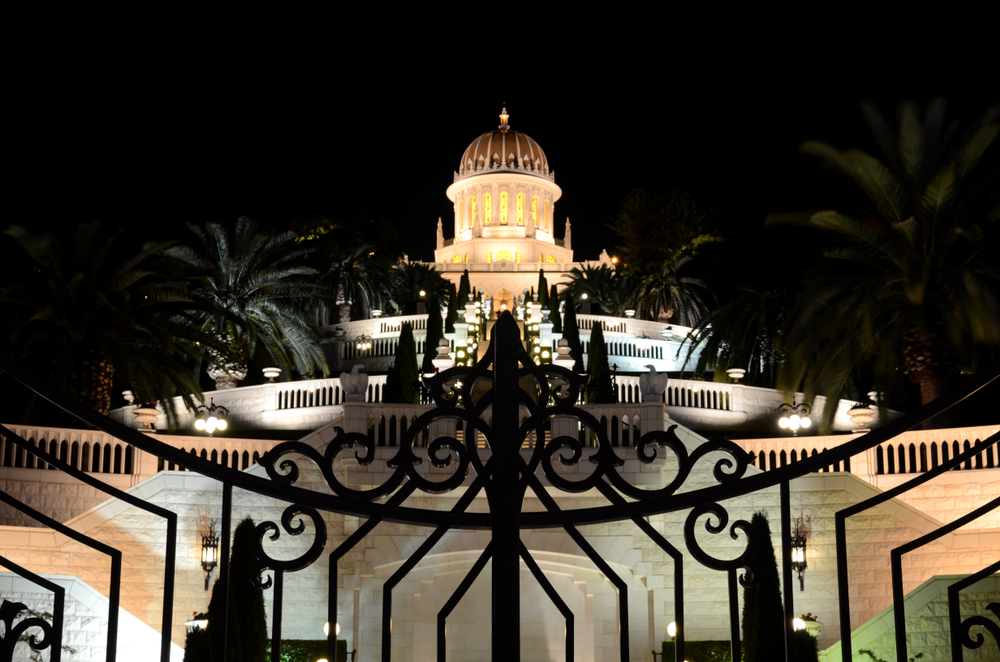
The Baháʼí Faith is a relatively young religion that has been around since the nineteenth century. Established by the Persian religious leader Baháʼu’lláh, this belief system is built upon the essential value of world peace and unity among various groups of people. This movement grew out of the Middle East and today has over five million adherents, known as Baháʼís all over the world. Although considered by some to be an Abrahamic religion like Judaism, Christianity, and Islam, the Baháʼí Faith has been the focus of scrutiny, criticism, and even persecution in some parts of the world.
Tenets of the Baháʼí Faith
The Baháʼí Faith combines several ideas and beliefs established by the founder of the faith, Baháʼu’lláh, and later clarified by successive leaders of the movement. The tenets of this religion are founded on three core principles: the unity of God, the unity of religion, and the unity of humanity:
- The Unity of God: According to Baháʼí teachings, God is an eternal, all-powerful, all-knowing, and ever-present deity who is the source of all creation. Baháʼís believe that the image of God is reflected in his creations, whose purpose is to know him and love him. Despite this, God is essentially unknowable.
- The Unity of Religion: Adherents believe that there is only one religion, but that it has been revealed progressively through various prophets and messengers to mankind. Some of these messengers include Jesus Christ, Muhammad, Buddha, and others. Baháʼu’lláh is one of the more recent messengers in this group. These messengers are viewed to be the Manifestations of God, and to reject the teachings of these educators is to reject all teachings and God himself.
- The Unity of Humanity: According to the Baháʼí Faith, there is one humanity and all people are equal in the sight of God. The unity of humanity transcends all boundaries, including race, gender, nationality, social class, and more. The faith embraces diversity and commands followers to treat others with love, harmony and friendliness.
Origins of the Faith
The beginning of the Baháʼí Faith can be traced to two religious movements that immediately preceded it, that of the Báb and the Shaykhi. The Báb was a Persian businessman who began preaching that he was a witness of a new revelation from God in the mid-1800s. He believed that God would soon send a new messenger to the world and that Baháʼu’lláh would be this person. Shaykhism was an Islamic religious movement from around the same time that recognized the truth of the Báb’s prophecy. Labeled a heretic, the Báb was incarcerated and executed by 1850. Devotees of Shaykhism and the Báb eventually converted to the Baháʼí Faith. This religion was largely confined to the Middle East and parts of Africa until the late 1800s, when Baháʼu’lláh died. Under the leadership of his son, Abdu’l-Bahá, the faith spread to other parts of the world, including Europe and the Americas.
Abrahamic Faith
Abrahamic religions describe belief systems that are monotheistic and worship the God of Abraham, a central figure in Judaism, Christianity, and Islam. The Baháʼí Faith is considered by some to also be an Abrahamic religion, not only because of its Islamic roots, but also because of its acknowledgment of a sole deity to be worshipped and whose knowledge is revealed by the Manifestations of God, prophets, and teachers, several of whom are central figures in major Abrahamic faiths such as Abraham himself, Jesus Christ, and Mohammad.
Although there are millions of Baháʼís all over the world, in some countries these followers are not viewed as followers of an independent faith but rather an apostasy of Islam. As recently as 1998, adherents have been executed for their beliefs. Some progress has been made, but many believers’ rights are still restricted in the world.

